In a recent broadcast, Fox News 45 Baltimore brought Dr. Paul Marik, a physician and outspoken figure in alternative cancer therapies, to discuss an alarming spike in aggressive cancer cases among young adults—what he terms “turbo cancer.”
This trend, Dr. Marik claims, is on the rise in the United States, the UK, and Japan, particularly affecting individuals aged 14 to 44. Dr. Marik, a co-founder and chief scientific officer of the Front Line COVID-19 Critical Care (FLCCC) Alliance, suggested that a potential link exists between COVID-19 vaccinations—especially booster shots—and these unusually aggressive cancer cases.
Rapid and Alarming Trend of “Turbo Cancer”
With a description as unsettling as it sounds, “turbo cancer” refers to advanced and aggressive cancers occurring at unprecedented rates among younger people, Dr. Marik explained. While cancer has typically been more common in older populations, he noted that physicians are now seeing a significant shift: not only is cancer striking younger individuals, but cases are often diagnosed at later stages and progress more rapidly than before.
“We’re seeing an explosion of cases among young people, with cancers presenting as advanced stage three or four,” Dr. Marik emphasized. “The rapid increase in cases of aggressive cancers within the age range of 14 to 44 has been deeply concerning.”
A Controversial Link: Vaccines and Cancer Risk
One of the more controversial aspects of Dr. Marik’s interview was his assertion of a potential association between COVID-19 vaccines and turbo cancer, particularly the booster doses. This angle has sparked fierce debate, as the correlation between vaccines and cancer remains highly contested and complex, requiring extensive research to substantiate such claims. Dr. Marik expressed concern over what he perceives as a possible shift in cancer characteristics following vaccination campaigns.
His statements have already led to heightened discussions across social media and online forums, with both support and criticism pouring in from viewers and the medical community alike.
Amazon Reinstates Marik’s Cancer Treatment Book
Dr. Marik’s interview also delved into the controversy surrounding his book on cancer treatment strategies. Initially banned by Amazon for what they deemed misleading information, the book has since been reinstated on the platform. Marik attributes its reinstatement to the robust clinical references supporting the recommendations, as the publication contains over 1,500 peer-reviewed citations.
Marik’s book emphasizes a combination of lifestyle changes, such as adopting a low-glycemic or ketogenic diet, avoiding highly processed foods, and reducing sugar intake to prevent cancer growth. He also advocates for the importance of vitamin D, which he claims has a scientifically supported role in reducing cancer risk.
Recommendations for Cancer Prevention and Treatment
Beyond traditional treatments, Dr. Marik encourages lifestyle and dietary modifications as part of cancer prevention. He advocates for reducing glucose intake and avoiding processed foods, explaining that these dietary changes are foundational in preventing metabolic disorders and insulin resistance, which are linked to cancer growth. For those already facing cancer, Marik’s treatment list includes repurposed drugs such as vitamin D, beta-blockers, melatonin, metformin, curcumin, and even ivermectin, arguing that clinical literature supports these alternative therapies.
“These suggestions aren’t just made up,” he remarked, asserting that they are grounded in high-quality, peer-reviewed scientific research.
A Divisive Spotlight on “Turbo Cancer”
Dr. Marik’s comments have added fuel to the ongoing debate about the COVID-19 vaccine’s long-term health implications, with “turbo cancer” becoming a viral topic across media platforms. His assertions have drawn interest from individuals wary of mainstream health protocols, while others in the scientific community caution against drawing conclusions without comprehensive evidence.
For those interested in learning more, the FLCCC Alliance provides resources aimed at educating the public on Marik’s approaches to cancer care. Dr. Marik’s statements, however polarizing, have spurred a new round of discussions on the potential implications of COVID-19 vaccines and the urgent need for research into the shifting cancer landscape.

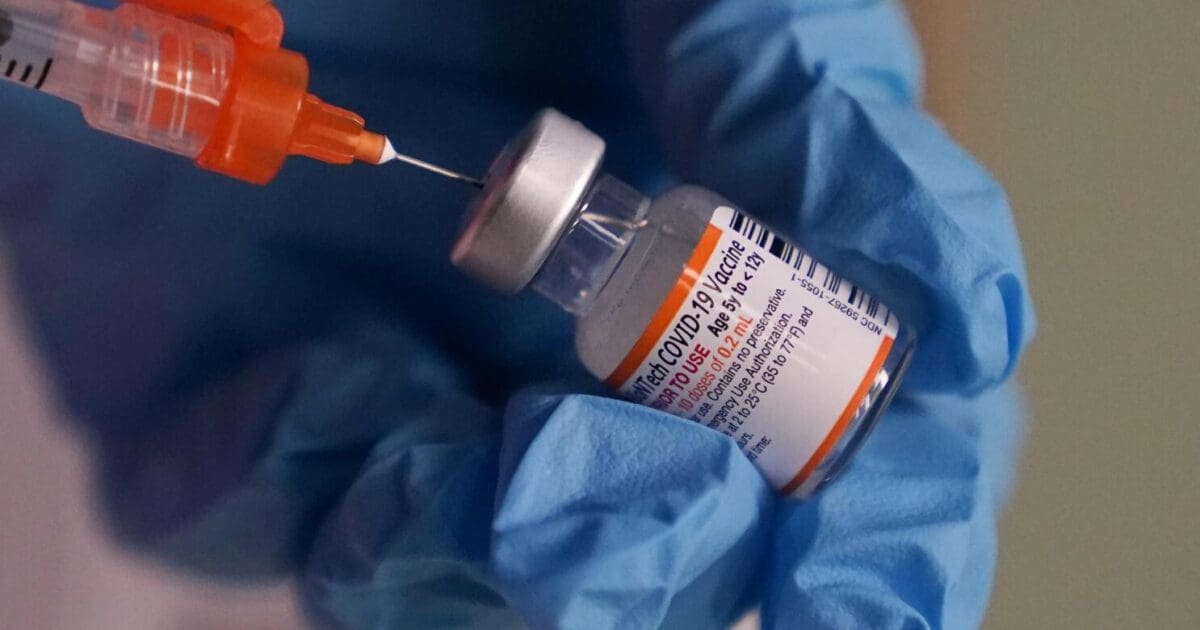
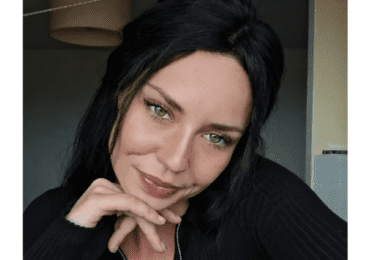

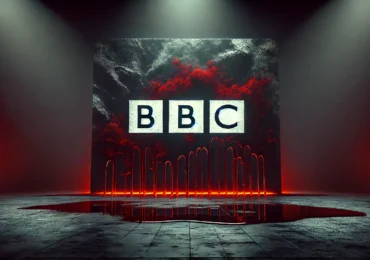

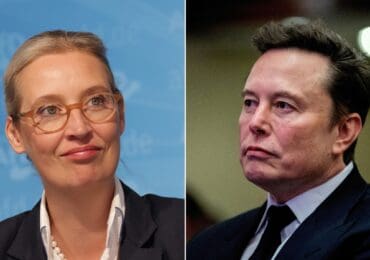
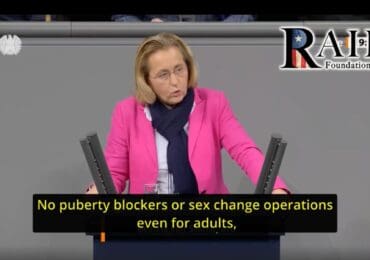

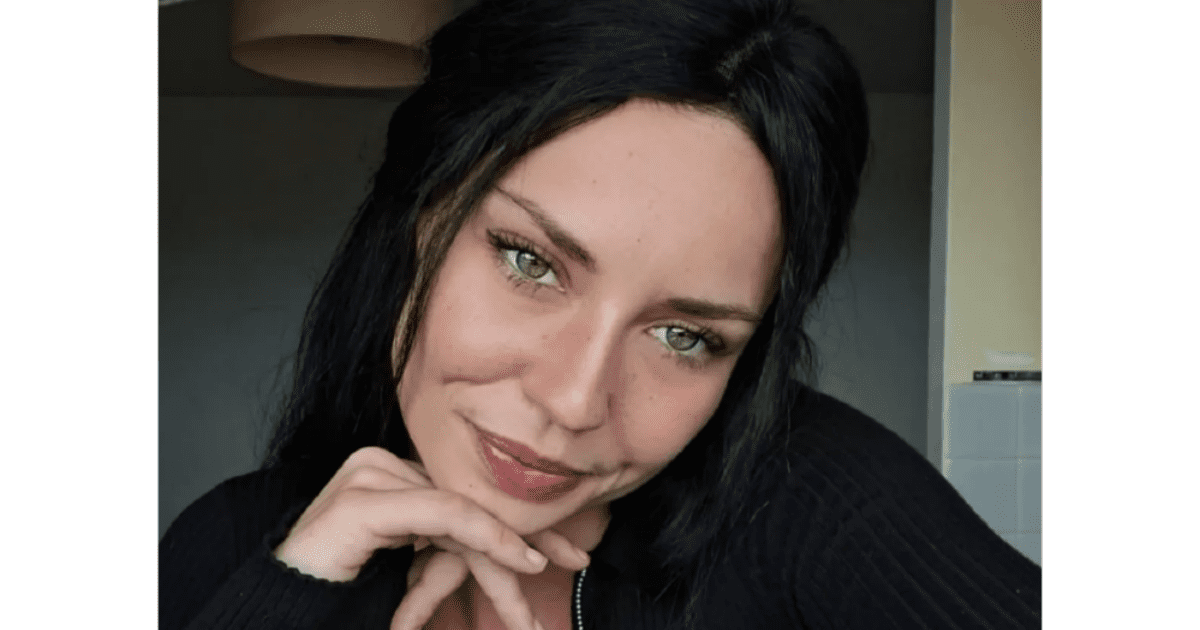

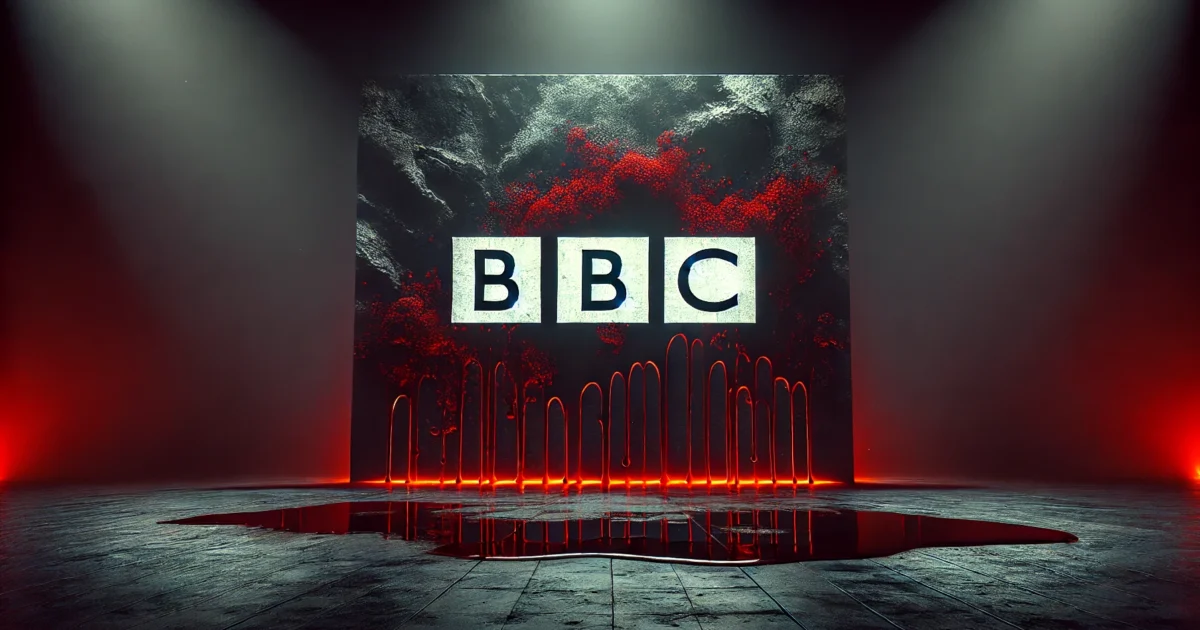

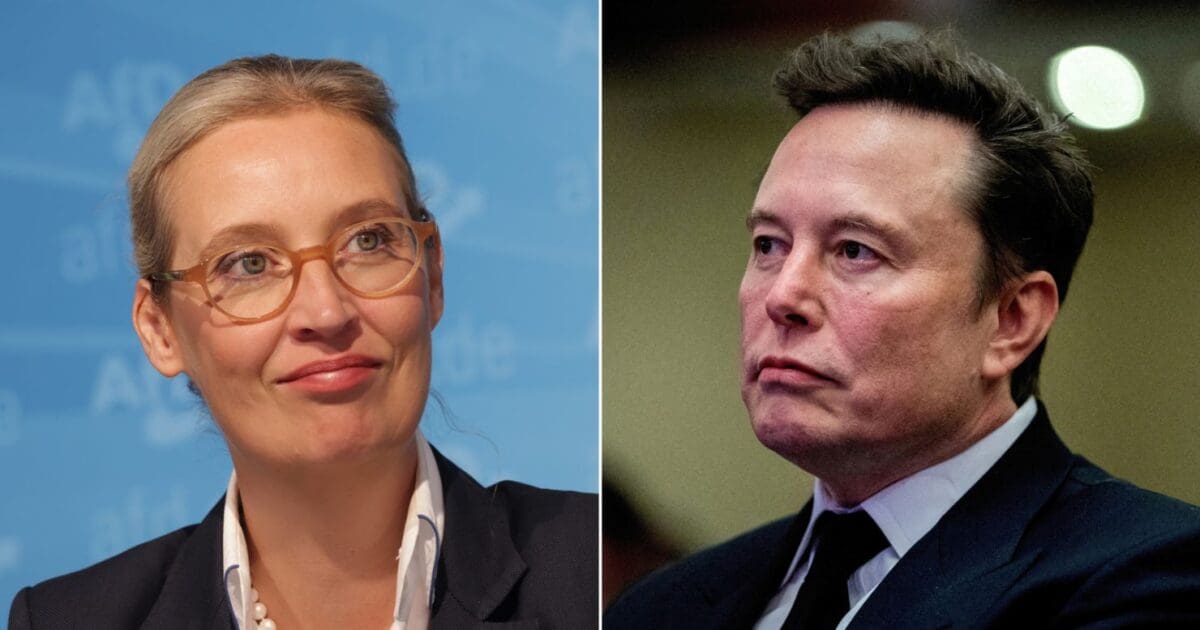
So, Dr. Marik and jerkdoctor Fuellmich, when the fuck will the “Nuremberg Trial II” begin?
ARREST AND HANG IMMEDIATELY THE FOLLOWING mRNA GENOCIDE CRIMINALS FOR CRIMES AGAINST HUMANITY:
FAUCI, GHEBREYESUS, VON DER LEYEN, MACRON, MARIN, MELONI, MERKEL, SCHOLZ, ARDERN, ZELENSKY, BANCEL, BOURLA, SORIOT, BILL GATES, SOROS, SCHWAB, HARARI, NOHYNEK, STUBB, TRUDEAU, ZUCKERBERG, etc, etc…
Why would Dr. Marik have anything to do with organizing and running a nuremberg trial for the covid criminals? I agree that needs to happen but why don’t you direct your effort and energy to those who are in positions to actually make it happen?
Dr. Marik saved thousands with his creation of the FLCCC -and bucked the medical industrial complex threatening his own career. That’s his core competency.
Write to your Congressmen and demand a DOJ investigation, although you won’t get to first base in this administr5ation in DC.
With all the decades of research on the genetic and molecular pathways that result in cancer, I would think that someone, somewhere, could either explain why the mRNA platform does or could result in “turbo cancers” or why they do not or cannot.
I can only imagine that, given the way the mRNA platform “works”, it does or can result in such outcomes. Here’s why:
The mRNA platform involves injecting a person with micro-capsules that have mRNA in them. In and of itself, this does nothing. But, the micro-capsules get absorbed by the person’s cells (tens of millions of cells), and once inside, the mRNA gets released into the person’s cells. The cells get to work making the protein coded for by the mRNA, just like it would for its own mRNA. The difference is, the protein it starts making is a virus protein. So (1) the person’s cells are using energy and resources to make something they don’t need at the sacrifice of making proteins they do need and (2) once they make the viral protein, to the person’s immune system, the person’s cells look like the virus, the foreign invader.
So the person’s immune system starts attacking its own, otherwise healthy, cells. In the process of doing so, the person’s body literally is destroying itself. I can only imagine that in the millions of years of evolutionary history, when a host system learns that a certain part of itself is dying or is dead it starts trying to regenerate new cells… rapidly. That means the person’s body needs to turn off genes that prevent cell growth or slow cell growth and turn on genes that cause rapid cellular growth. That is how cancer happens: unregulated cellular growth.
So, from my basic understanding of biology, it only makes sense that, yes, the mRNA platform would have this result. It’s just a question of explaining the chemistry and molecular biology.
Traditional vaccine platforms do not cause the immune system to attack a person’s own cells. Traditional vaccines, for whatever else they might do, have weakened viruses or bacteria that your immune system can attack. The problem the new kind is, a person’s immune system is turned on itself and could be learning that all host cells are foreign invaders.
And, for now, we will set to the side the possibility that mRNA can, in fact, cause changes in DNA when reverse transcriptase is present.
Victor Orban on X:
“The @SwedishPM accuses me of representing the interests of Russia in Georgia. He was obviously instructed to do so by Washington. How sad…”
OF COURSE, SWEDISH PM WAS IN WASHINGTON LICKING BIDEN’S ASS TOGETHER WITH SOROS, HARRIS AND WALZ.
IN THE SAME WAY THE WEF CRIMINALS (=TRUDEAU, VON DER LEYEN, STUBB, MACRON, ZELENSKY, MELONI, MARIN, ARDERN, etc) GET THEIR INSTRUCTIONS FROM SCHWAB, HARARI & SOROS.
“Pig infected with bird flu for first time in US, health officials confirm
Swine can be a ‘mixing vessel’ for new strains of flu, experts caution”
TRANSLATION:
BILL GATES, FAUCI, GHEBREYESUS, BANCEL, BOURLA, SORIOT & VON DER LEYEN SNEAKING AROUND INJECTING PIGS AND BABIES WITH BIRD FLU PLANNING THE NEW PLANDEMIC.
GATES-SHIT, HOW’S THE FLYING VACCINE-MOSQUITOS PLANDEMIC PROJECT GOING?
HOW ABOUT THE FAKE MEAT BUSINESS?
BOUGHT SOME MORE FARM LAND LATELY FOR THE GENETICALLY MODIFIED FOOD SHIT?
WHEN WILL THE NEXT PLANDEMIC BEGIN? ASK GHEBREYESUS, FAUCI & VON DER LEYEN.
The Thing that should blow everyone’s mind is the fact that we ARE STILL REQUIRING THIS POISON TO BE GIVEN TO OUR CHILDEN TO GO TO PUBLIC SCHOOL. What is WRONG WITH THE AMERICAN PEOPLE ?
I lost my 62 year old sister earlier this year. She had her covert shots. She went from normal, to cancer, and then death all in a month. I cry.
I am so deeply sorry for your loss. It is heartbreaking – I am praying for you and your family. My sincere condolences. – Amy Mek
THAT’S EXACTLY THE POINT, YOU JERK WITH SMALL BRAINS DON’T GET IT, THESE DOCTORS (MARK, MALONE, FUELLMICH, MERCOLA, RFK Jr., etc, etc…) WRITING CONSTANTLY ABOUT THE DANGERS OF THESE mRNA GENOCIDE INJECTIONS BUT NOBODY OF THEM ORGANIZING THE “NUREMBERG TRIAL II”. EVEN THE FUELLMICH’S “CORONA INVESTIGATIVE COMMITTEE” WHERE IS IT? FUELLMICH BRIBED AND SILENCED BY BIG PHARMA, FAUCI & GHEBREYESUS?